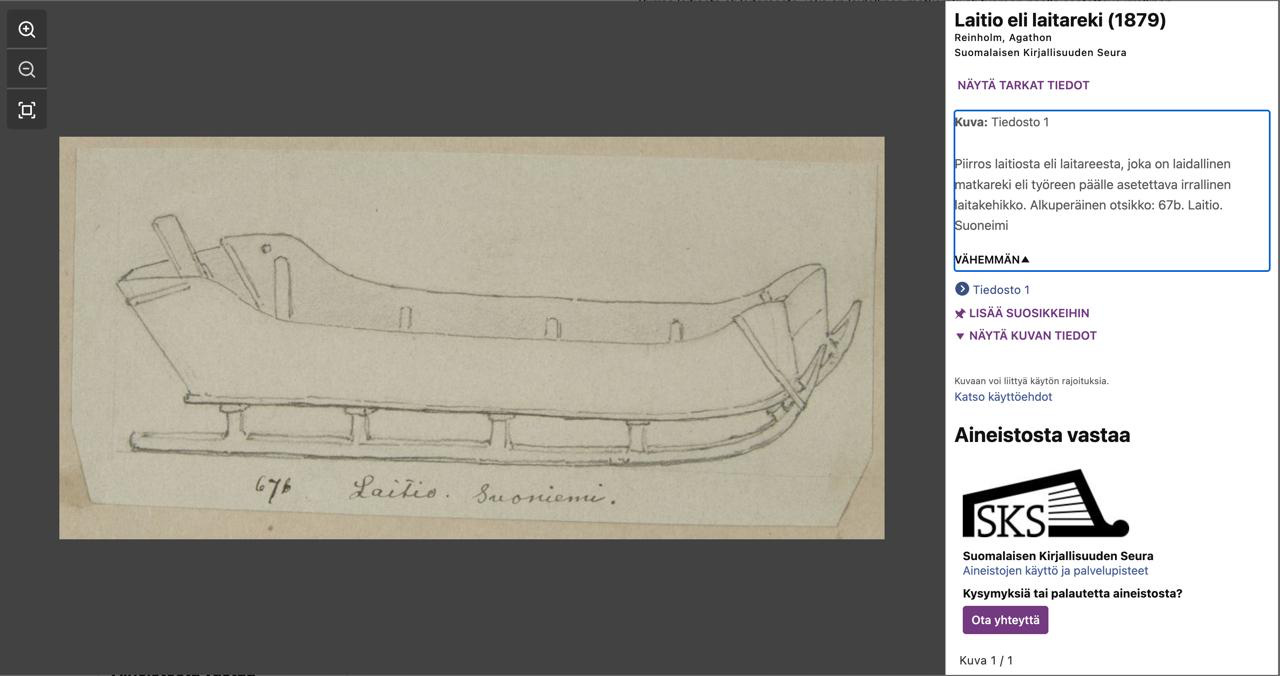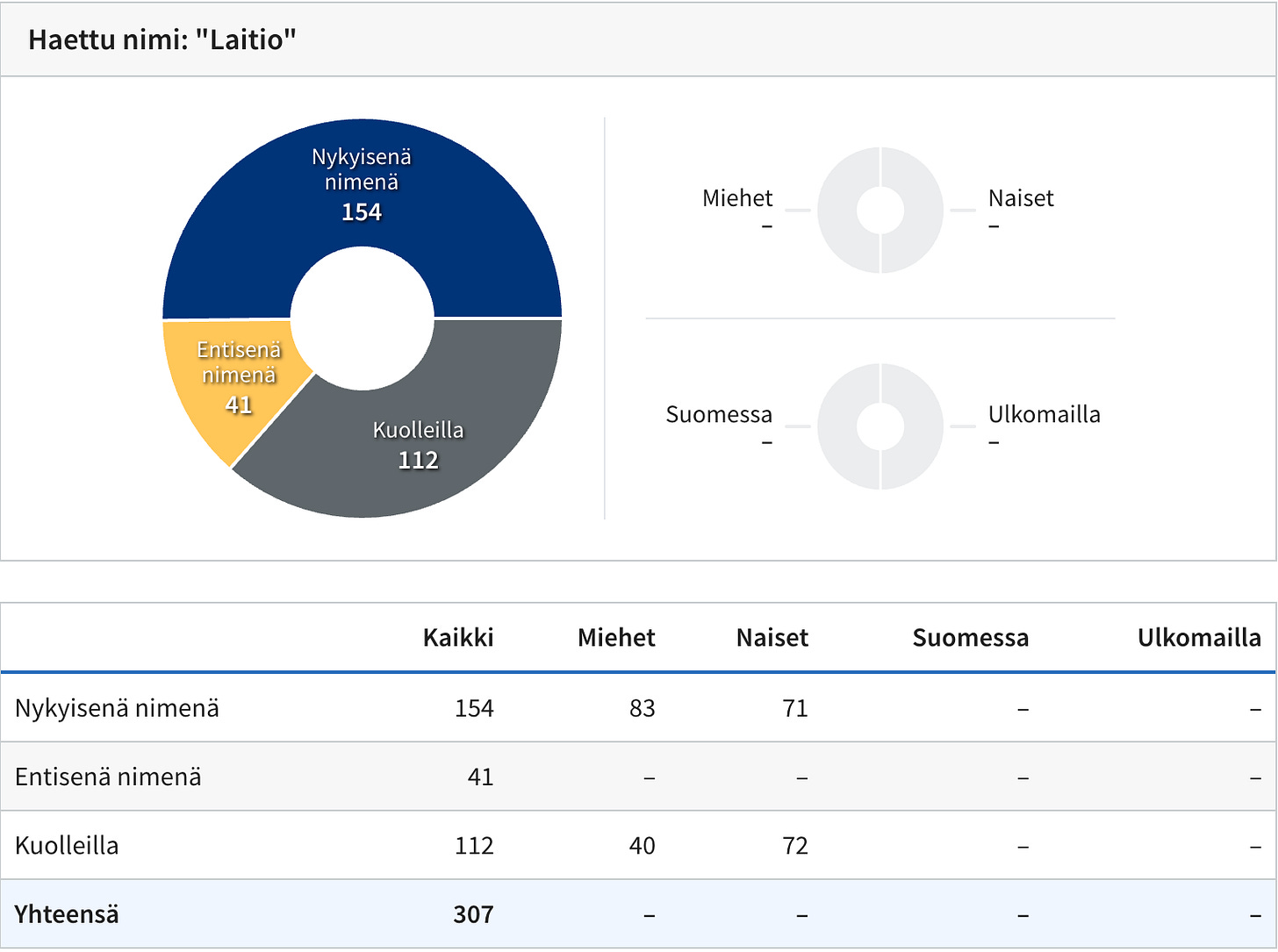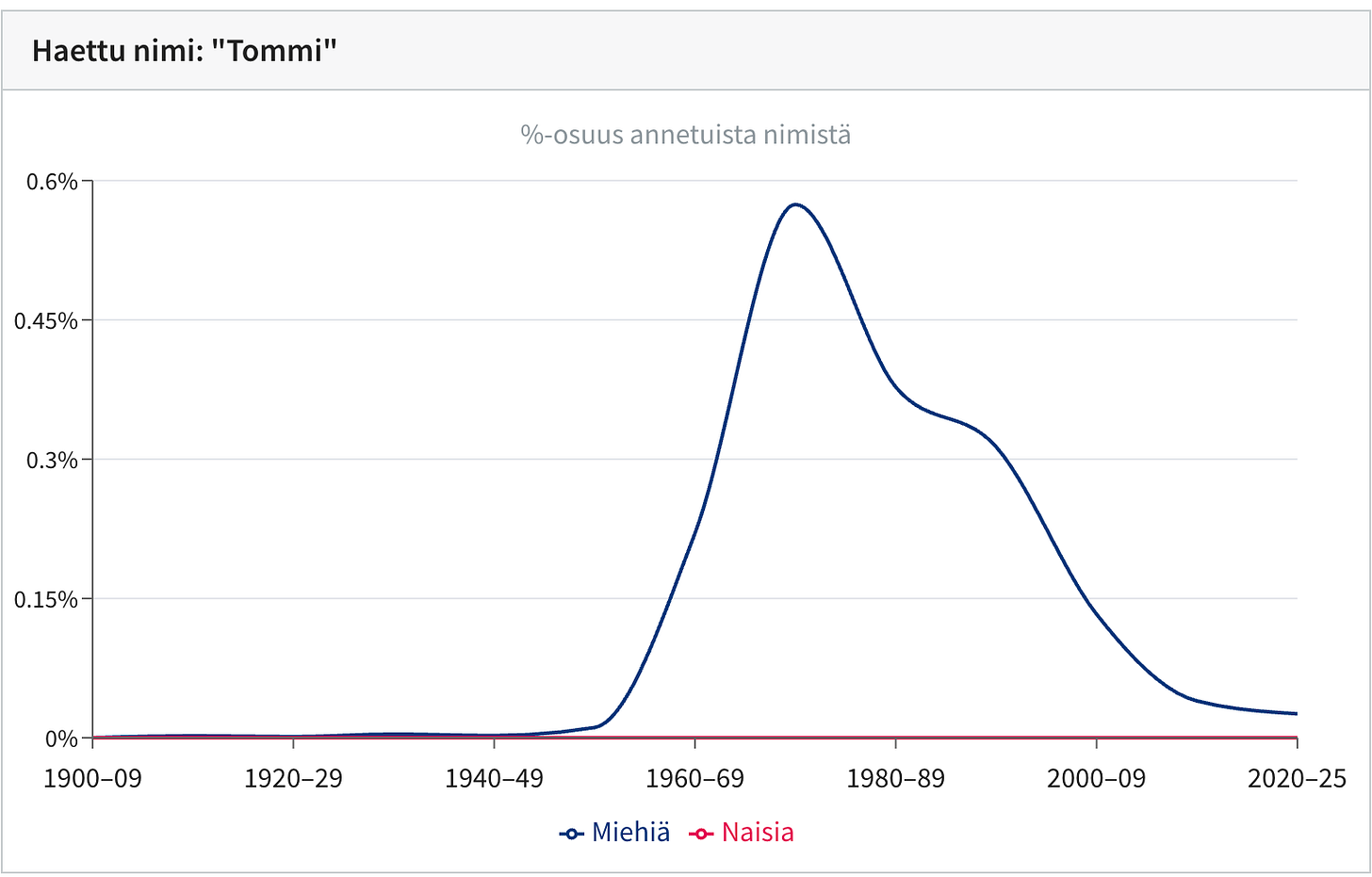What's In A Name
I have been downplaying people's efforts to pronounce my name right, only to realize that it is a bit like refusing a gift.
I had a Zoom meet-and-greet the other week with a potential customer. As we were about to log off, she asked:
“Before we go, just one question: How do I pronounce your name?"
My knee-jerk reaction was one that has become quite customary for me after moving out of Finland:
“I react to all versions, don’t worry about it.”
As a polite Canadian, she persisted:
"No, no, I want to get it right."
It was not the first time I encountered this reaction. A few months ago, my husband and I were visiting some of my his family outside Los Angeles and I introduced myself to their friends. As we were at a crowded farmers’ market, I decided to make things easy and introduced myself as Tommy, pronouncing it in the American way [tuh-me].
I was taken aback by my family’s reaction, which can be summarized as:
What the hell was that?!
It took me a moment to realize that while I was trying to make things simple, they had for years made an effort to pronounce my [foreign] name correctly and were surprised and maybe even confused by my carelessness.
I don’t think my name is particularly difficult. But since moving to the US in 2022, I'm slowly realizing that while my intentions have been to ease things to respond to all versions, this well-intentioned strategy often comes across as a dismissal.
For context, America has a long history of some people's names being perceived as difficult. Chinese students in American universities often adopt an English name for convenience. Many African Americans have experiences belittling, mockery and confusion when introducing themselves in White-dominated, Anglophile spaces.
The question of pronunciation is very present in Los Angeles, where 55.1 % speak another language than English at home, with more than third speaking Spanish (US Census). Lately I have paid attention how even the same person pronounces their Spanish name in different ways depending on context. It usually comes down to how the ‘R’ rolls.
So how do you say my name?
Part 1. Tommi
My first name is short and has no special characters. But in many settings it still requires a bit of guidance as it is not a globally common name and its linguistic origins are not obvious. Often, people assume that my first name is a nickname from something like Thomas. This is understandable as the name’s etymology is from the Finnish version of Thomas, which is Tuomas.
According to the Finnish name registry (yes, Finland has a public record of this), there are currently 16,206 Finns named Tommi, with the peak being in my exact age group, people born in the 1970s.
With my first name the issue is one more of intonation and pronunciation. In Finnish, the stress is usually on the first syllable of the word: [tom]. The ‘T’ in the beginning of my name is a hard one, more Italian rather than the softer English ''Th”. The name is pronounced [tom-me] rather than [tuh-me]. In English, I have often settled introducting myself as something closer to [toe-me].
Part 2. Laitio
Surnames carry a lot of culture and history. As does mine.
For historical context, Finland was a territory of Sweden until 1809 and then part of Russia until the Soviet Revolution in 1917 when Finland gained its independence. As part of the patriotic movement advocating for independence of the Finnish people, many Finnish families changed their names from Swedish names to Finnish names in the end of the 19th century. Our original last name - Lindstedt - was changed as part of this movement to Laitio. Like in most cases, the Finnish name was not a direct translation. In our case, the original name referred to a linden tree, while the adopted name took its inspiration from the wooden framing put on a sleigh for travel (laitio or a laitareki).

Our name is a rare one. According to the above mentioned Finnish name registry, there are only 154 current Laitios in Finland. Altogether, the name has been carried in the last 120 years by only 307 individuals.

The most common pronunciations of our last name, especially in the English-speaking world, are [lay-she-oh] or [lie-tea-oh]. The second gets close to the correct pronunciation.
In the correct Finnish version, the stress is again on the first syllable of the word. The pronunciation follows the English word ‘lie’. The second syllable, ‘ti’, is short and the right pronunciation is [te], - a short sound. Again, the ‘T’ is a hard one, like in Italian. The last ‘o’ is a short one, rather than [oh]. So the closest English pronunciation guide would be [lie-te-o].
In Conclusion
Reflecting on my own name and the meanings it carries has made my change my approach to the way I treat my own name.
I will revise my approach to one that sees the efforts for correct pronunciation by others as gifts.
And I will take continued efforts to pronounce the names of others correctly.





Tommi - it felt like you were speaking directly to me (and I’m sure many others felt the same)!
It wasn’t until 2023, when Matt and Tim came to me after being confronted by someone else about saying my name wrong, that I actually started introducing myself to non-Indian speakers as “Setu” instead of “Say-two.” At first, I brushed it off. I could see people pause or hesitate before saying my name, and I didn’t want to make them uncomfortable. But their effort to say it correctly moved me more than I can explain.
Maybe I'm a little embarrassed to admit how much I tried to comfort others over having the experience of hearing my own name said properly. Other than my husband (a white Southern guy), Matt and Tim were the first non-Indian people to say it right. And now, others do too (or at least they are trying to)!
It’s still taking some getting used to, but I’ve never felt more seen - professionally and personally - than I do now.
With the title, I thought you were going to make us call you Heisenberg. :-) thanks for this post. I think many of try so hard to be respectful of the way people actually pronounce their names, but we're too afraid or embarrassed to ask. For me, in the US I'm Brian "Call-yer". When I travel, most people start with Brian "Call-yay". I go by the former, but prefer the latter!